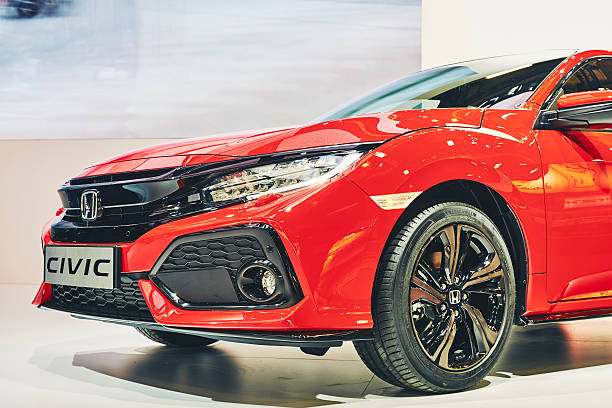No vasto universo de opções do mercado automotivo, a comparação entre as vantagens dos SUVs e dos sedãs permanece uma consideração importante para inúmeros consumidores. Diante de tantas alternativas disponíveis, determinar a escolha ideal pode ser uma tarefa desafiadora. Este guia foi elaborado para simplificar essa avaliação, apresentando informações essenciais e fatores a serem considerados, permitindo que você faça uma decisão informada e segura.
1. Validity criteria
Performance should be your first consideration when choosing between a sedan and an SUV. SUVs are perfect for the brave person in your life because they have powerful engines that can tackle any terrain. But sedans are great for city commuting because they focus on fuel economy and a smoother ride.
2. Size matters
The size of your vehicle is the most important factor in determining whether it fits your lifestyle. If you often transport large items or have a large family, an SUV may be a better choice due to its spacious cabin and large cargo space. Its smaller size makes the sedan ideal for driving on busy city streets and parking in tight spots.
3. Best fuel economy
With rising gasoline costs, it is critical to evaluate the fuel economy of SUVs and sedans. Although sedans traditionally have superior gas mileage, technological advances in SUVs are allowing them to catch up. Price-conscious buyers should do their best to analyze long-term fuel costs.
4. Safety precautions
Both SUVs and sedans come with standard safety features because the safety of their passengers comes first. Compare the safety features and crash test scores of different vehicles to find the vehicle that best suits your needs and those of your passengers.
5. Price-related factors
While price is important, there’s more than just price to consider when buying a car. To understand the true cost of owning it, you need to add up all the maintenance, repairs, and gas costs you spend over time.
Live a meaningful life
The intended use of the vehicle and your lifestyle must be a good match. If you often explore the great outdoors or have a lively family, an SUV may be a better fit. On the other hand, if your commute is primarily in the city on a daily basis, a sedan may better suit your needs.
Sales value
Your future purchasing power is affected by the trade-in value of your vehicle. Taking the time to understand the difference in depreciation rates for SUVs and sedans can help you make wiser financial decisions.
6. Innovation and features
In this connected age, it’s important to compare the features and technology of SUVs and sedans. Connectivity options, infotainment systems and advanced safety features vary from model to model and affect the overall driving experience.
7. Effect on the environment
Consumers concerned about their impact on the environment would do well to compare the gas mileage of SUVs and sedans. More environmentally friendly alternatives, such as hybrid or electric cars, may influence your choice.
Customer feedback
By reading reviews written by both experts and other car owners, you can get a better idea of the pros and cons of a specific model. Considering both perspectives can improve the decision-making process.
8. Automotive industry
The automotive industry is constantly seeing innovation and emerging trends. An in-depth look at the latest developments in SUV and sedan production can provide insight into what lies ahead for these models.
9. Popular misconceptions
In order to make an informed choice, it is crucial to address and debunk common misconceptions about SUVs and sedans. Clearing up misconceptions can help you move beyond generalizations and make decisions based on evidence.
10. Decision guide
With all the information and factors to consider, making the final decision is much easier. You can find the car that best suits your needs by talking to professionals, asking around and taking it for a test drive.
FAQs
1. Are SUVs Costlier Than Sedans?
Although there may be a higher outlay of capital at the outset, variables such as fuel economy and maintenance costs determine actual spending over time.
2. How about fuel efficiency for SUVs?
Yes, many SUV models now have better fuel efficiency thanks to technological advancements.
3. Is it safer to drive an SUV than a sedan?
Answer: The degree of protection is model and feature dependent, but both vehicle types place a premium on safety.
4. Do SUVs hold their value better when sold?
Answer: Some models have higher resale value than others, and this is due to variables such as consumer demand and the quality of the brand.
5. My decision is between a sedan and an SUV; what should I do?
To answer your question, which vehicle type is best for you? Think about your daily routine, needs, and lifestyle.
Conclusion
There is no universal answer to the question between SUV and regular sedan. Car problem. Your unique tastes, lifestyle and needs will determine the final outcome. By considering the points in this guide, you can shop with confidence and walk away with a car that meets all your needs.



